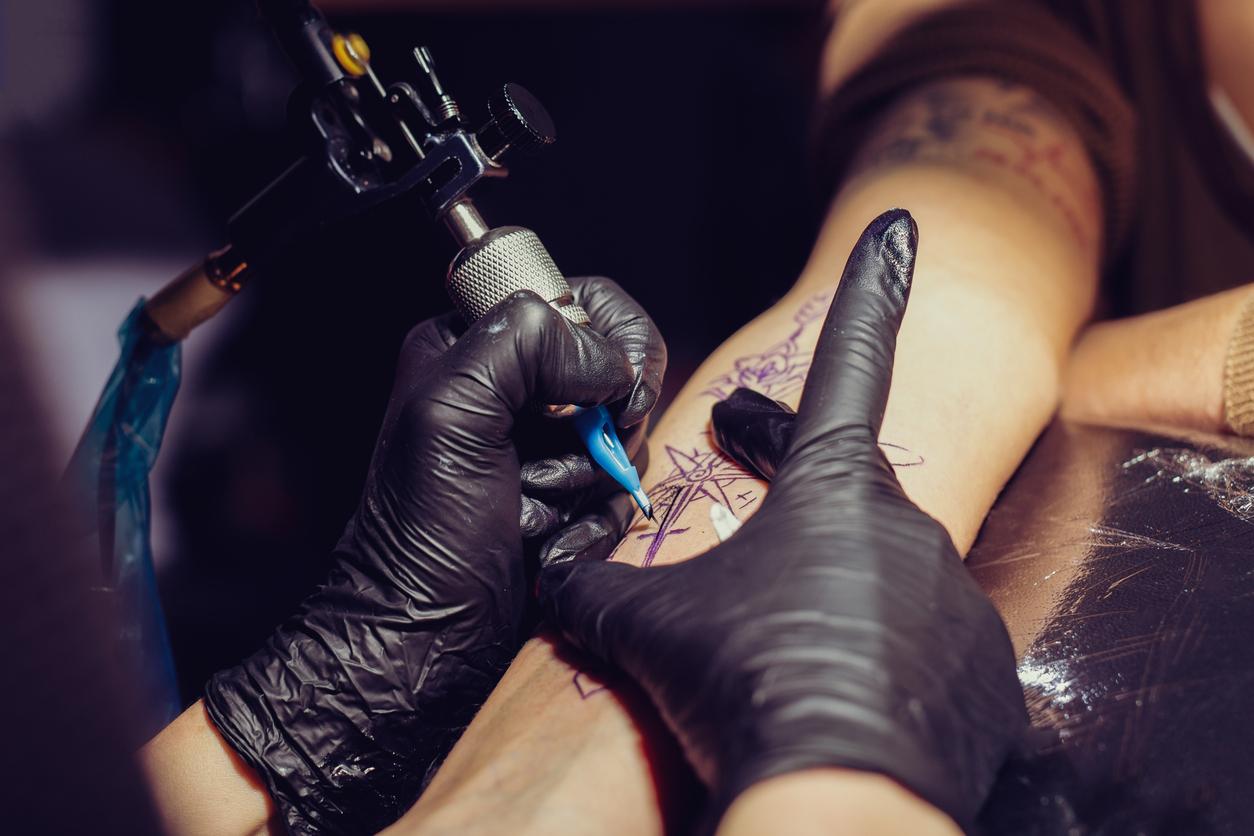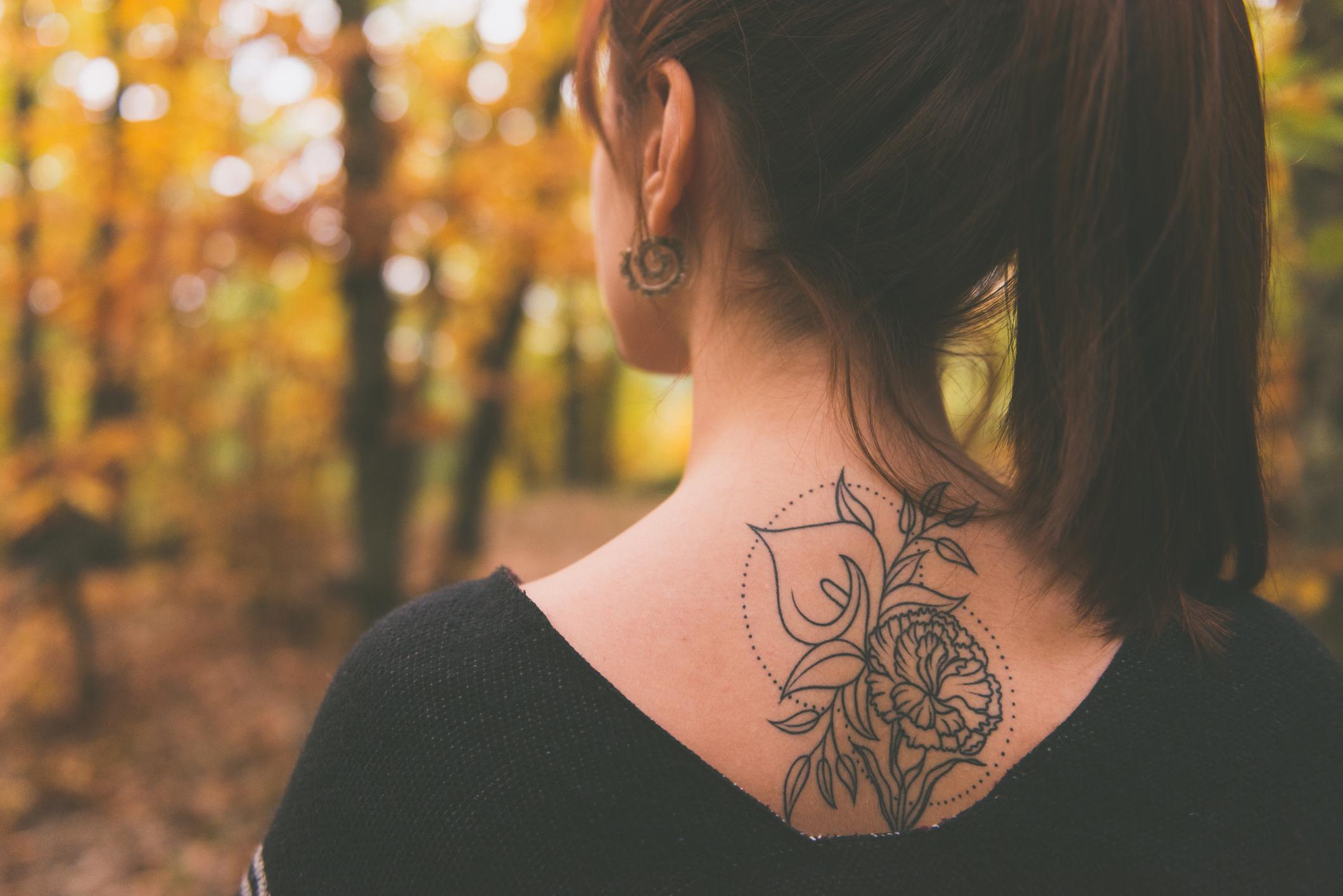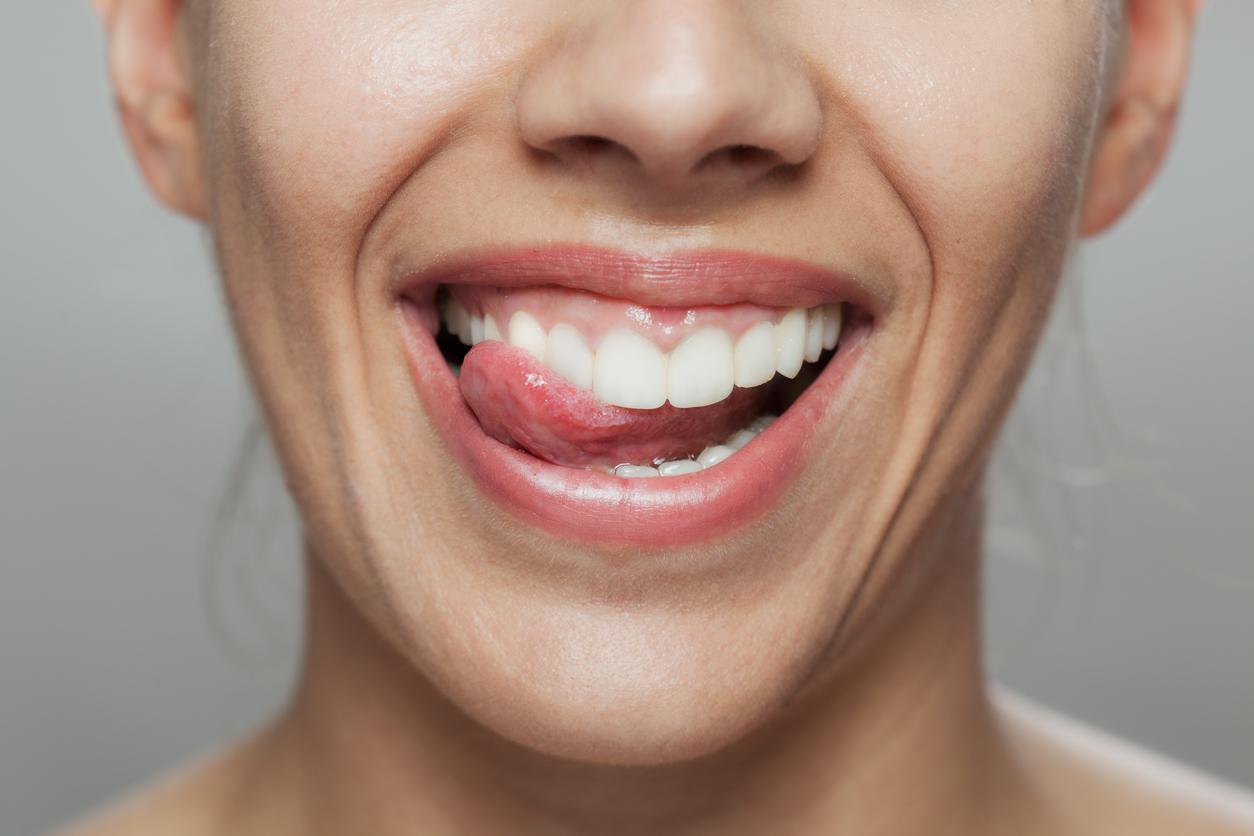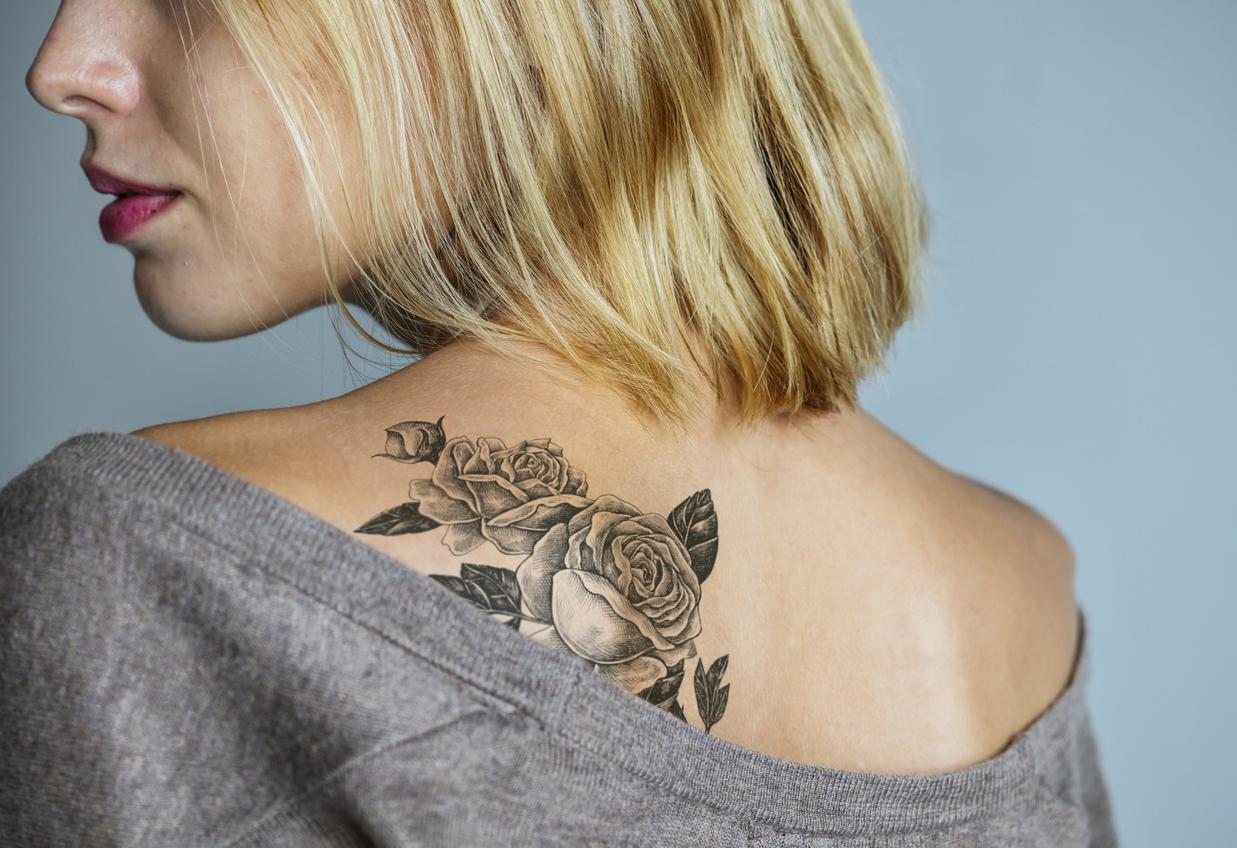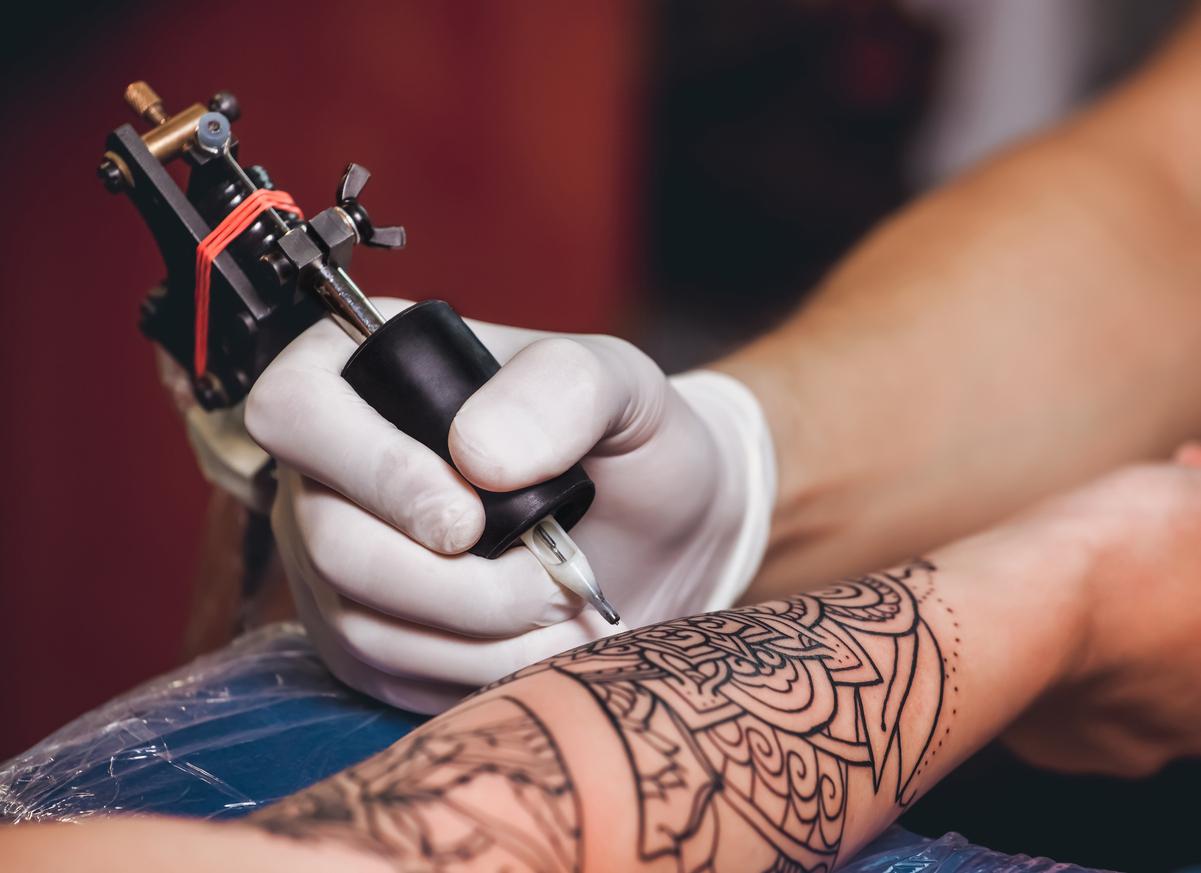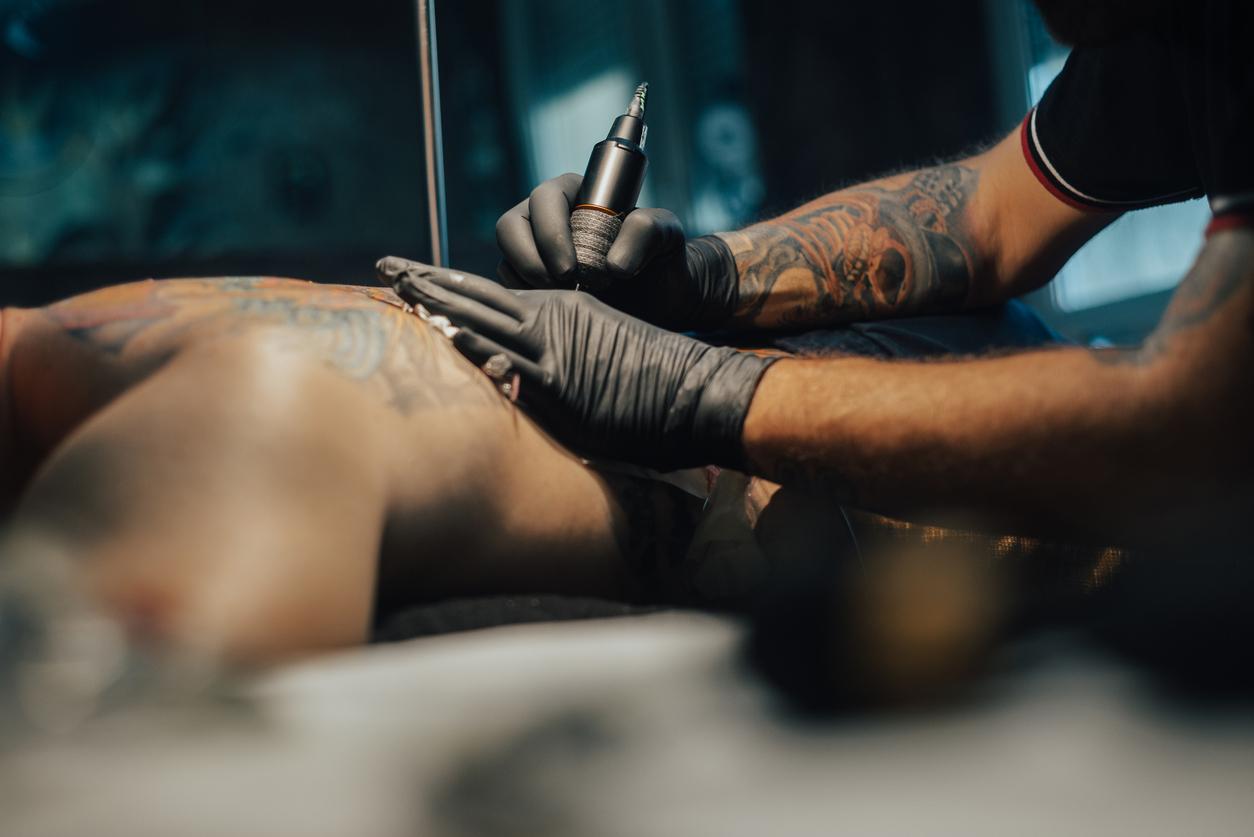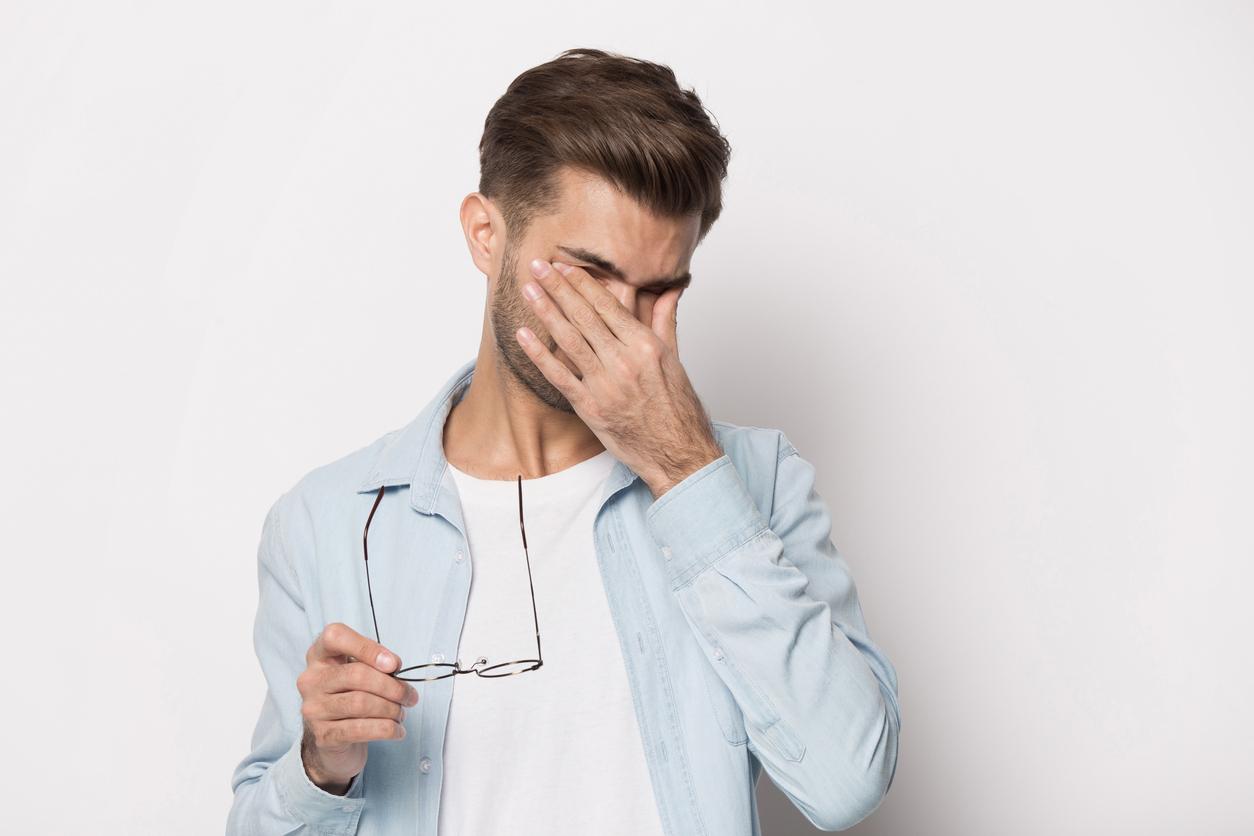A European standard is being drawn up in order to standardize practices within States. But France is still not represented in this project.
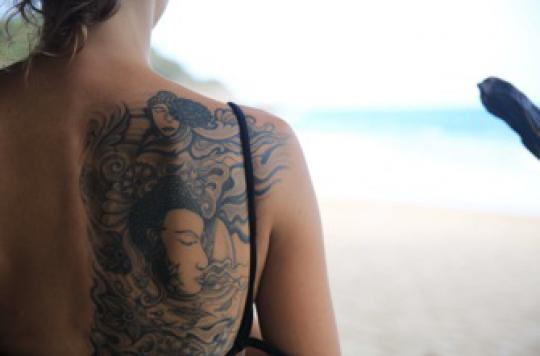
Each year, it is in Paris that is held the biggest tattoo event in the world. Starting this morning, and for three days, tattoo artists from all over the world will exhibit their art at La Villette, engrave the skins of many visitors and present the latest fashionable inks.
Paris, capital of tattooing? Difficult to imagine, while France is one of the big absent from a European project aiming to develop a standard on tattooing. Launched at the initiative of Germany, this convention of “good tattooing practices” aims to harmonize uses within the European community, where there are major differences in regulations depending on the country.
The standard will be based on voluntary service: only those who wish will apply it and will be recognized as such, through a register or a label. It should encompass topics as varied as hygiene, sterilization, premises, waste management, or consumer information methods. The publication of this European charter is scheduled for 2017, following negotiations involving tattoo artists, of course, but also trainers and ink sellers.
” Unfair competition “
A first meeting with the participating countries was held on December 5. “We went there as simple observers, since we did not bring together enough participants to represent France”, deplores François Thomassin, AFNOR project manager (French Association for Standardization). This organization has in fact set itself the task of form a commission to represent tattoo professionals. But it is not easy.
“There is a form of apprehension because in France, the regulations are very present and quite strict. Suddenly, many professionals wonder about the usefulness of this European standard and the interest in contributing to it, ”explains François Thomassin. However, according to AFNOR, such a standard would reduce legislative distortions between lax and regulatory states, which create a form of “unfair competition”.
Listen to François Thomassin, AFNOR project manager: “In France, many constraints are imposed on French tattoo artists, while in Denmark, there are no regulations specific to tattooing. “
Improve material vigilance
The commission nevertheless succeeded in obtaining the presence of the SNAT (National Union of Tattoo Artists), the largest association of French tattoo artists. “In addition to harmonizing practices, this standard would improve material vigilance on inks, their effects on the population, the risks of allergies and complications,” said Olivier Laizé, SNAT spokesperson. We would have better quality and safety control on products circulating in the European area ”.
According to SNAT, the European standard could inspire French rules, “sometimes unsuited to realities”. “For example, when a foreign tattoo artist comes to a salon in France, he must undergo training in hygiene for several hours. It is only valid for the duration of the show; he has to iron it every time he comes back to France! Some tattoo artists sometimes go through the same program ten times in the same year, which is counterproductive ”.
Listen to Olivier Laizé, SNAT spokesperson: “Tattoo artists have the will to do things right, both artistically and healthily. “
A real status for more security
Despite common claims, some tattoo artists do not welcome the formation of this commission through the AFNOR organization. The Tattoo & Sharing association, which has nearly 600 members, wonders in particular about the amount requested from participants. “AFNOR has calculated that it would need 50 hours of work and a budget of 100,000 euros to highlight the demands of French tattoo artists… Whereas in one hour, we can get the job done! », Exclaims Cécile Chaudesaigues.
The founder of the association would have preferred to be represented by the Ministry of Health, or the Directorate General of Health. She has also found other ways to assert her claims. “We are in direct contact with Andy Schmidt, at the origin of this European project,” she explains. For us, the only way to ensure consumer safety is to create a true tattoo artist status, with recognized training. This would prevent abuse ”.
Listen to Cécile Chaudesaigues, founder of Tatouage & Partage: “Anyone can be a tattoo artist today! There is no exam to validate hygiene training, ink suppliers sell to anyone… ”
.









